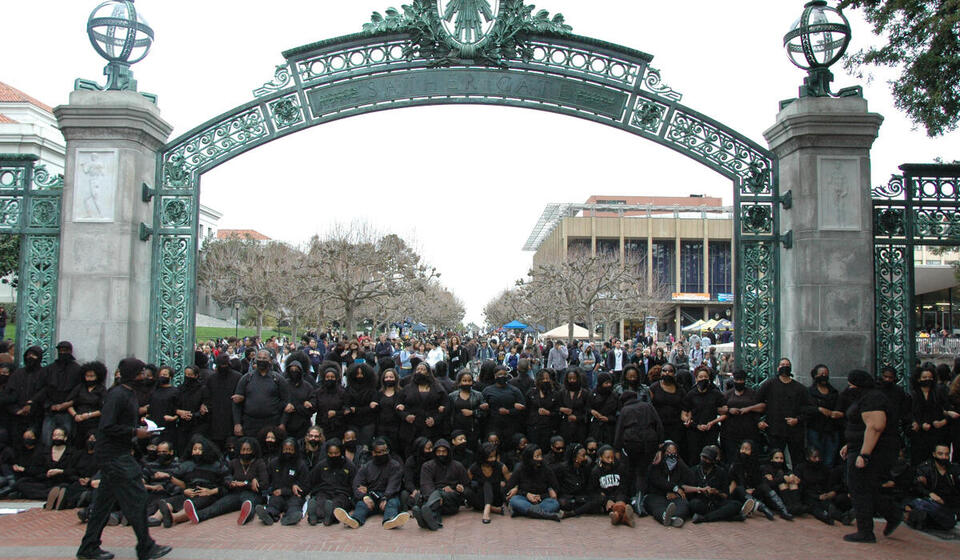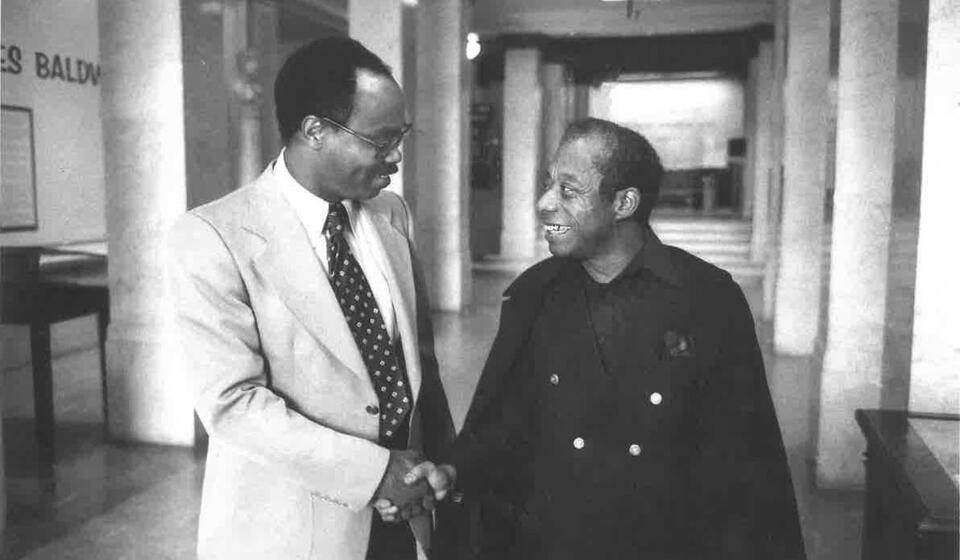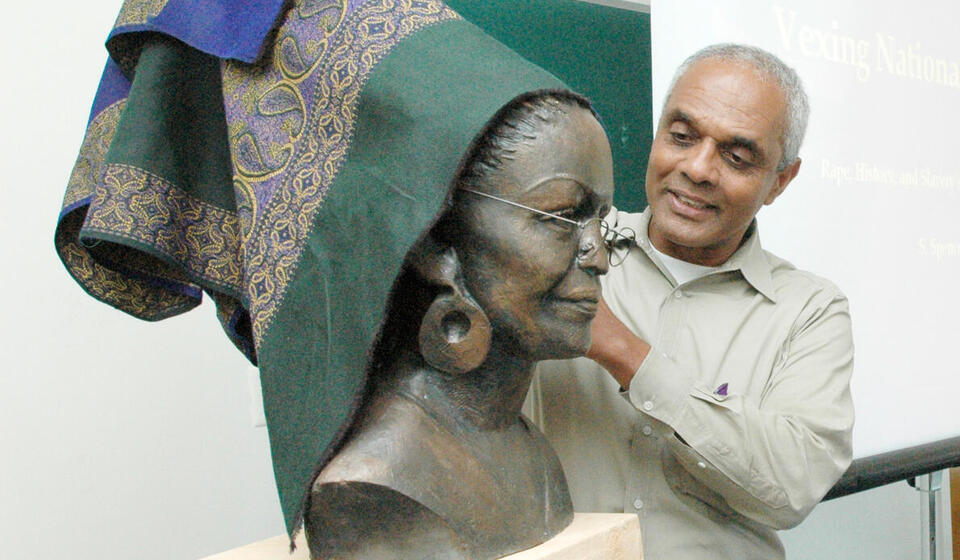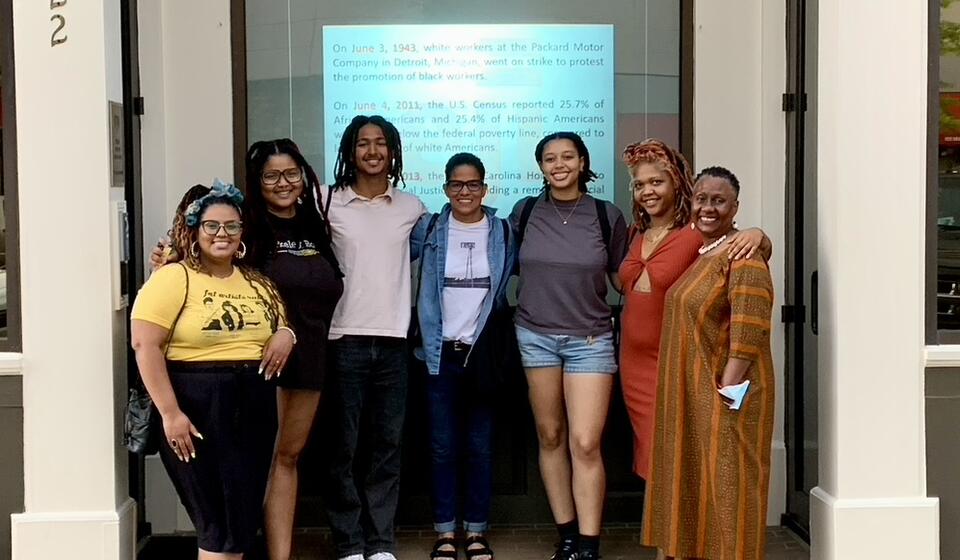This month's departmental spotlight by Endria Richardson features A.G.E.S. Administrative Director Sandra Richmond, who is retiring in June 2025.
Who do you love? Writers, thinkers, artists, parents, friends—who has inspired you to be in the world the way that you are?




